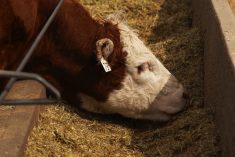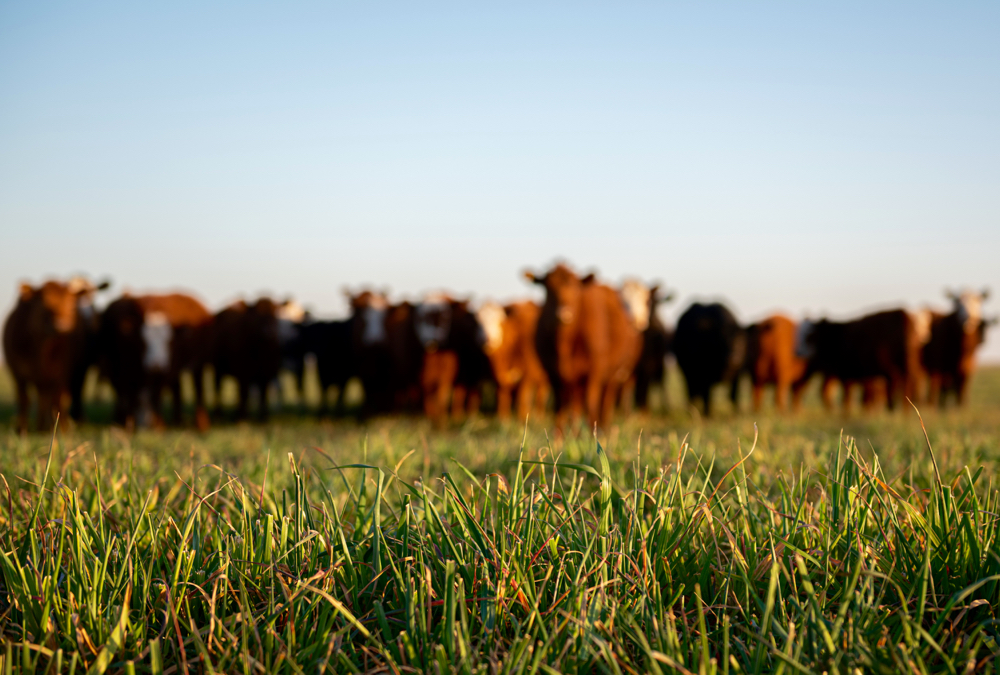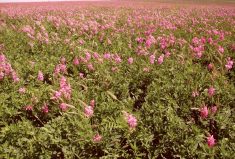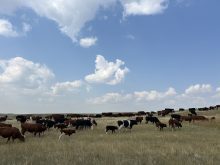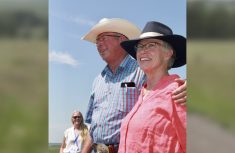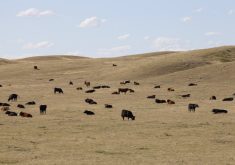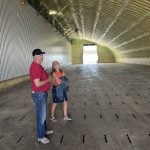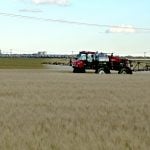Maybe you’re thinking, “Well, at least it is not as bad as ’02.” Or perhaps, “This is even worse than ’02.”
The situations vary in their severity but everyone in Western Canada is experiencing some degree of drought. And nobody in this business wants to think back to what happened after the drought of ’02. When we as an industry were faced with impossible challenges, it got worse.
Resilience is the ability to recover from or adjust to adversity or change. Researchers are discovering strategies that can build resilience. For example, when experiencing setbacks do you take it all on personally, or are you able to find other factors outside of your circle of influence? Do you believe that life is full of ups and downs, wins and losses? These qualities have been linked to greater levels of resilience.
Read Also
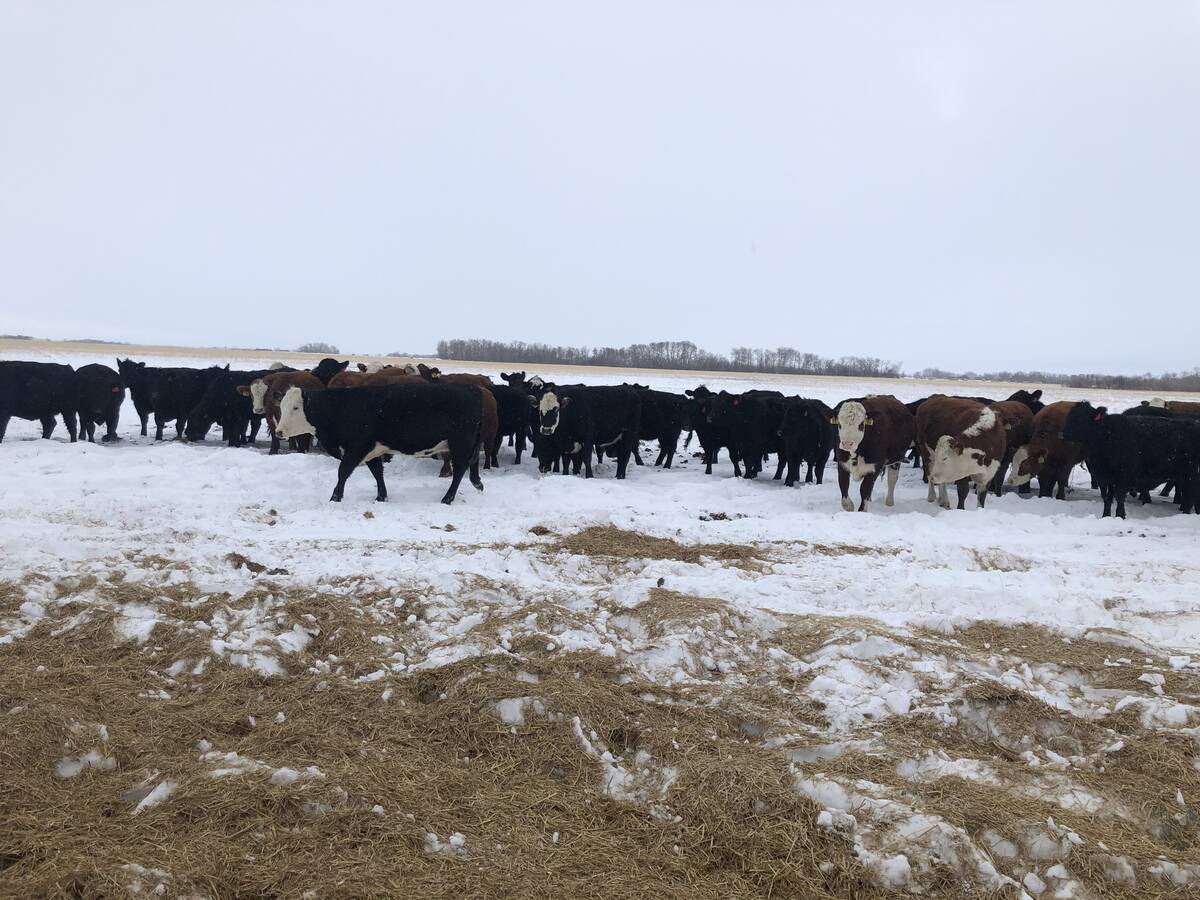
Picking the most efficient cows to rebuild your cow herd
A new cow ranking system to help beef farmers and ranchers pick the most efficient cows as they rebuild their herds.
These ideas also connect with author Stephen Covey’s circle of influence and circle of concern concepts. Think of two circles, one inside the other. The inner circle is the circle of influence and the outer is the circle of concern. The size of everyone’s circles differ but Covey’s theory is that those who are more proactive, as opposed to reactive, focus as much time and energy as they can on the inner circle, influence. That focus tends to enlarge the circle. Ask yourself whether this is something you can affect, or whether it’s completely out of your control. Then consider how you can focus on areas you can influence. It helps to have a discussion about this with those around you.
Through holistic management planning, we say that we can’t control how much precipitation falls, but we can control what happens to it when it lands on our soil. Of course, that may take time to enhance, but it can be done.
Here are some tips from the Mayo Clinic to improve your resilience:
Get connected. Humans are social beings and whether you are an extrovert or introvert, maintaining those connections is important. In family businesses, we sometimes take those relationships for granted but really shouldn’t.
There are many ways we can connect with like-minded people these days. Start or join a peer advisory group. It can be in-person or virtual. Check out social media platforms or apps such as Clubhouse.
Connecting with friends who are not in agriculture can help us switch perspectives. So can spending time with kids. Children bring a sense of lightness and play. Volunteering with a local non-profit can also benefit you, and those organizations are always looking for help.
Make every day meaningful. Reflecting on why you do what you do can be helpful. What are the values that are most important to you? What are some goals you want to achieve in the coming years, both personal and operational?
Viktor Frankl, concentration camp survivor and author of Man’s Search for Meaning, developed logotherapy. It comes from the Greek word logos (meaning), which says that our major drive is the discovery and pursuit of what we personally find meaningful.
Learn from experience. Consider what helped and what did not in a previous drought. For us, delaying decisions and actions was unhelpful. Even though in hindsight it may not have been wise to keep the cows and send them across the province where there was more feed, at least those were forward steps. Hindsight is always 20/20.
In this country, we are fortunate to experience seasons. Winter will end this growing season’s challenges and provide an opportunity to regroup and plan. What are some things you learned from this season that you want to do differently next year? Are there learning opportunities and events that you can pursue? Gathering the team together to hold a SWOT session (strengths, weaknesses, opportunities and threats) would be valuable.
Remain hopeful. There will be some things beyond your control. But try to be in the glass-half-full camp. Can you completely flip how you look at the situation? What if one of the most challenging years turned out to be one of the best? What would that look like? There are always opportunities, but we need to look for them.
Take care of yourself. Make a list of 20 things you really like to do. Make a point of doing some of them now. Sometimes that may mean getting off the farm or ranch. It does not have to be a major trip, but a short drive can help put your head in a different space. Remember, there are many more resources available to us these days. We do not have to go it all alone.
Be proactive. Procrastination is not helpful. Update your finances and connect with your advisors. If you need to make changes, start.
Along with all the above points, cultivate a sense of gratitude. Despite the challenges, there is much to be grateful for in this amazing industry. There is no nobler profession, as life itself depends on us stewarding the land and providing food. Not only that, but we are able to constantly connect with nature.
Viktor Frankl says, “Forces beyond your control can take away everything you possessed except for one thing, your freedom to choose how you will respond to the situation.”
You get to choose.



